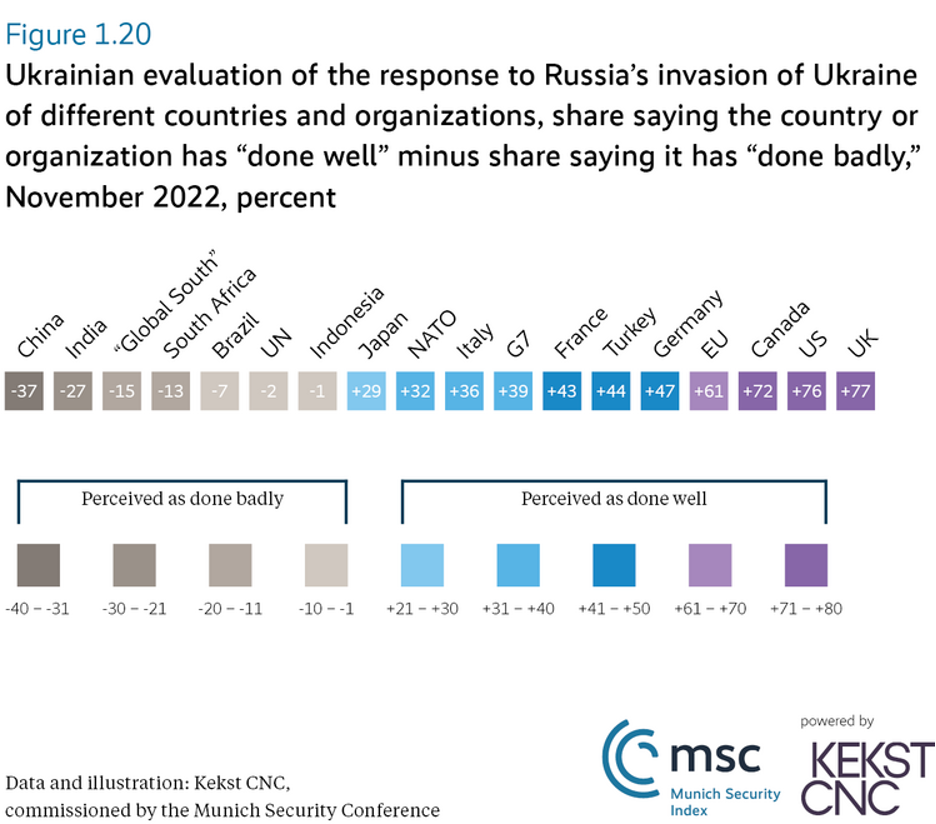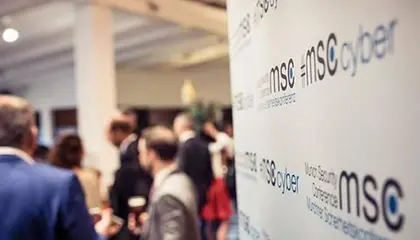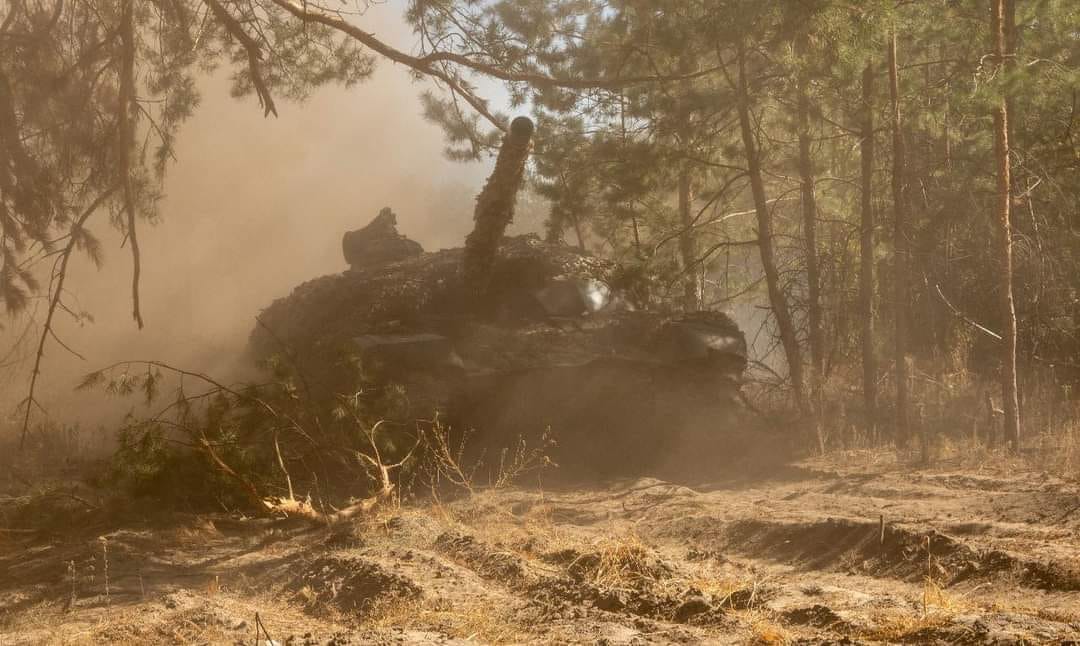The Munich Security Conference, the world's most important security policy meeting of politicians and experts, will be taking place from Feb. 17 to 19 at its traditional Hotel Bayerischer Hof venue in Munich, Germany.
JOIN US ON TELEGRAM
Follow our coverage of the war on the @Kyivpost_official.
For the first time in decades, the conference will take place without Russian government participation. Noting the "break in civilization" caused by the war of aggression against Ukraine, the forum’s Chairman Dr. Christopher Heusgen, a years-long security policy adviser to former German Chancellor Angela Merkel and Germany's representative at the United Nations, asserted that the propaganda of Russian President Vladimir Putin and his government should not be given a forum.
Also excluded are Iranian officials and the AfD, the right-wing party linked to the QAnon-inspired plot to violently overthrow the German state.
The Munich Security Conference, an organization "which stands for rule-based politics in the international machine" will be exploring how the global order is turning. In the spirit of Chancellor Olaf Sholtz’s “Zeitenwende Speech”, the 2023 edition of the Munich Security Report entitled Re: Vision zooms in on various domains where the contest for future international order is currently playing out – human rights, global infrastructure, development cooperation, energy security, and nuclear proliferation.
The Munich Security Index, a constituent part of the Munich Security Report is a dataset on global risk perceptions built by the MSC and Kekst CNC. It provides an in-depth view of how the G7 and BRICS nations (latterly Brazil, Russia, India, China and South Africa) view risk. It is intended to become a monitoring tool of how risk perceptions are evolving in certain countries.
This year, understandably, Ukraine will be in the spotlight.
“The results of running the Munich Security Index in Ukraine are evidence of Ukrainian unity, resilience, and bullishness in face of Russian aggression,” the report says.

Source: Munich Security Report
Over 450 senior decision-makers and leaders from around the world, including over 40 heads of state, 90 ministers, international and non-governmental organizations, high-ranking representatives from business, the media, academia, and civil society will gather to debate pressing issues of international security policy.
Attendees will include U.S. Vice President Kamala Harris, French President Emmanuel Macron and Polish President Andrzeij Duda. China will also be well represented at the conference.
You can also highlight the text and press Ctrl + Enter



